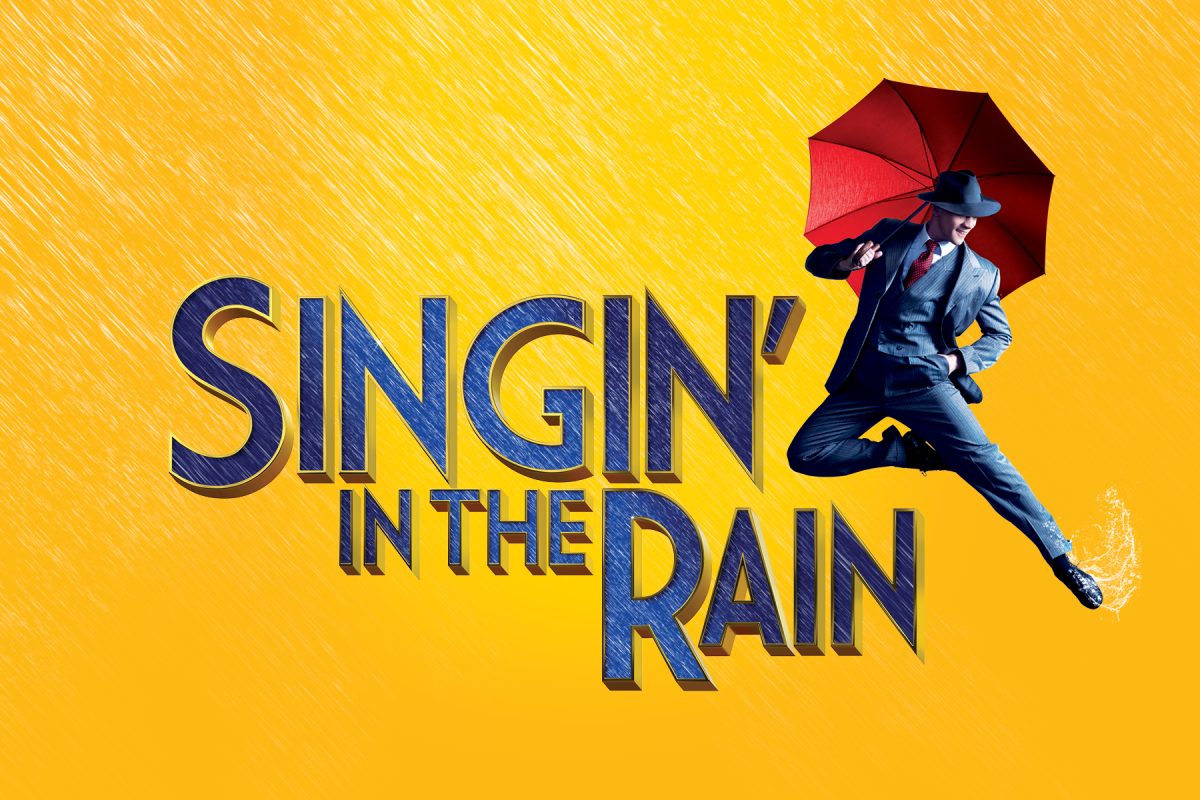From the introduction of the iPod in 2001, to the rise of computers as the primary means to distribute and store music, the music industry has undergone a tremendous revolution in the past decade. As a result, music streaming services have also been growing in popularity.
Music streaming services allow individuals to listen to catalogues of millions of songs on demand, accessible through laptops, tablets and mobile phones. Purchasing music for downloads can get pricey, and streaming services provide a cheaper, if not free, alternative.
With the advent of numerous new streaming services recently, there are now many viable options for avid music listeners.
Spotify
Spotify’s interface is based around playlists, its main draw.
Users can search for either an artist, album or particular track. Then, users can bookmark songs or even entire albums by dragging them into custom “playlists” that can be listened to at one’s own convenience. Individuals can follow their friends or other users, and “follow” playlists that they find interesting. These followed playlists will then show up in their own collection of playlists.
In addition to audio ads that are present on Spotify’s free tier, many of Spotify’s profits also come from a feature called Spotify Premium. For $9.99 a month, users can play any song they want on demand, anywhere, while completely bypassing audio ads that exist in the regular version. They can also download music and listen offline.
One of the biggest arguments against Spotify is the fact that users don’t really “own” their music. The interface of the service gives the impression that users own hundreds, even thousands of songs and dozens of playlists, when in reality, these users own and control absolutely nothing.
For example, if for some reason a Spotify user decides to stop using Spotify, they will not be able to export any of their songs. There is no “playlist export” function, and all the songs that one has amassed on Spotify are gone the minute they stop using Spotify. This is problematic for users who may want to switch to other streaming services, or simply stop using streaming services; all of their content will be lost.
Despite the “ownership” argument, Spotify continues to remain a popular service. Recently, they even lifted all time restrictions for users in the United States. Prior to this, users were limited to 10 hours a month of free music after a 6-month trial period. Some restrictions also applied to how many times a single song could be played. Previously, only premium members could play songs on demand on either tablets or on mobile. Now, any song can be played instantly on the tablet, and in shuffle mode on mobile.
Beats Music
Beats Music is targeted toward streaming music on the smartphone. It launched on Tuesday, January 21, for iOS, Android and Windows phones.
Beats’ main method for trying to differentiate itself from other streaming services is through presenting itself as “the music service built by artists for artists.” Beats, unlike Spotify, contains playlists specifically curated by professionals, making it both familiar and inviting to established and prospective artists looking for inspiration or just a good beat.
The app was co-founded by Dr. Dre and producer Jimmy Iovine, and spearheaded by the company Beats Electronics. The company has hired Scott Plagenhoef, the former editor-in-chief of PitchFork, a Chicago-based publication devoted to music commentary and criticism, to head a team of music experts. These music experts are responsible for creating “human curated” playlists that users have the option of listening to. The idea is that having so many artists involved in the production and development of the app will create a more “artist-friendly” reputation for the company.
The interface of the app also differs slightly from services like Spotify. As users open the app, they will be asked to pick their favorite genres and bands. After users have made their selections, the app will pop up with its home screen, a selection of bands, albums and playlists custom tailored to what one has selected. Once at the home screen, users can choose from a selection of over 20 million songs, which Beats claims is supposedly identical to the number of tracks Spotify users have access to, although Beats does not claim to have an identical track list, meaning Spotify may have songs unavailable on Beats and vice-versa.
What sets the app apart from other streaming services currently on the market is the “Sentence” feature. In the “Sentence,” users fill in their feelings, location and even certain scenarios in order to get access to a track that fits their current mood. The result is a “sentence,” that could read something like “I’m at home and feel like traveling back in time with my best friend to ‘80s rock.” Based on this sentence, the app will find songs that they feel fit one’s current mood and specific scenario.
A major pitfall to the app is that unlike all of its other competitors, it offers no free streaming method. It is only available for $9.99 a month, or for a $15 family subscription for up to five people who have AT&T.
8-tracks
8tracks, another prominent music streaming service, focuses on providing a service designed by “people, not algorithms,” which is intended to distinguish the service from others like Spotify.
When one first enters the site, they are asked to enter keywords, similar to the ‘Sentence’ feature in Beats. These words can either be adjectives to describe one’s mood, verbs to describe an activity one is participating in or a specific genre of music. These keywords can often be eccentric, for example, if someone is doing science homework and wants to listen to rap music, they can enter ‘science rap’ and will be directed to a page of different playlists, with titles like ‘songs to do physics to.’ One can pick any one of these playlists, and stream them for free, without even having an 8tracks account.
With an account, users can create their own mixes, and share them with a variety of social media services, such as Facebook, Google Plus and Pinterest. These mixes can be created using 8tracks’ library, or through one’s own SoundCloud account. This is what makes 8tracks so useful, it allows users to upload owned MP3s that are often hard to find elsewhere, and that are not available on SoundCloud, which often does not have entire albums.
The basic functions of the app itself are available for free; however, in order to receive an ad-free experience, users are required to pay $25 every 6 months, less per month than either Spotify or Beats. The app is offered on the web, and on iPhone, Android and Windows phones and tablets.
Essentially, although 8tracks provides the option to make one’s own mix, it focuses on introducing users to new music based on their interests, moods and activities. 8tracks focuses on providing music to match every moment, no matter how unusual the situation.







